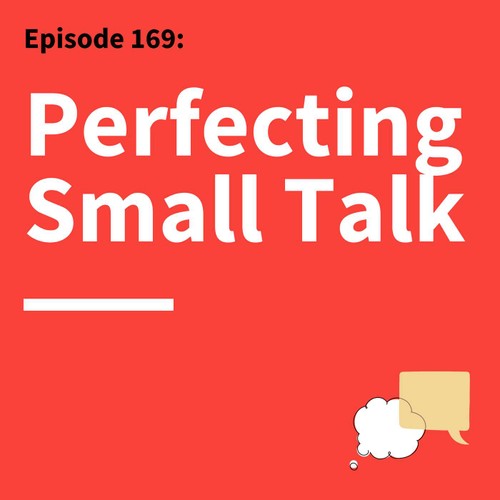
 Think Fast Talk Smart: Communication Techniques
Think Fast Talk Smart: Communication Techniques 169. Don't Be a ZQ: Make Your Conversations Count
282 snips
Nov 19, 2024 In this engaging discussion, Alison Wood Brooks, a Harvard Business School professor specializing in conversation science, shares her insights on making small talk meaningful. She emphasizes that small talk isn’t just filler; it’s a vital step to deeper connections. Using her 'topic pyramid' approach, Brooks provides strategies to elevate mundane exchanges into memorable conversations, viewing them as treasure hunts for significant insights. She highlights the role of active listening and adapting conversational styles to achieve relational goals.
AI Snips
Chapters
Books
Transcript
Episode notes
Initiating Conversations
- Start conversations with questions or observations about the surroundings.
- If responses are minimal, offer personal details to spark engagement.
The Importance of Small Talk
- Small talk is an essential but often dreaded part of conversations.
- The key is to use it effectively to transition into deeper discussions, not to avoid it entirely.
The Topic Pyramid
- Use the "topic pyramid" framework: small talk at the base, medium talk in the middle, and deep conversation at the peak.
- The goal isn't always to reach the peak, but to be mindful of your position and strive for upward movement.




